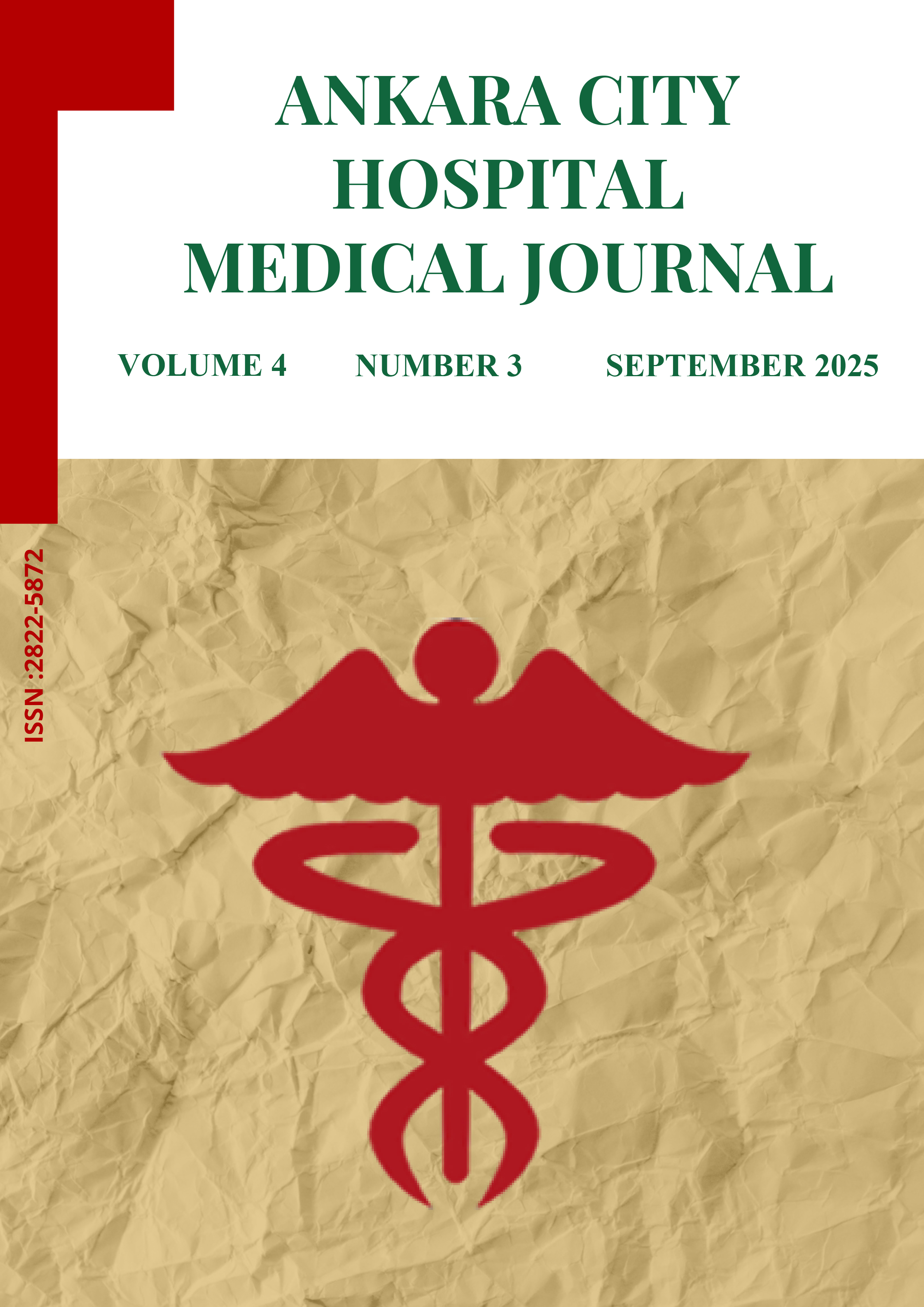
Is plasminogen activator inhibitor-1 level a prognostic marker in COVID-19?
Güler İnönü1, Oguzhan Zengin1, Esra Fırat Oğuz2, Enes seyda Şahiner1, İhsan Ateş11Health Science University, Department of Internal Medicine, Ankara, Türkiye2Ankara Bilkent City Hospital, Department Of Biochemistry, Ankara, Türkiye
INTRODUCTION: We aimed to investigate the relationship of plasminogen activator inhibitor-1 (PAI-1) level, which is the main inhibitor of the fibrinolytic system, with COVID – 19 severities.
METHODS: A total of 88 cases diagnosed with COVID – 19, 42 with mild pneumonia and 46 with severe pneumonia, were prospectively included in the study. Serum PAI-1 level was studied by ELISA method. COVID – 19 diagnosis was made by reverse transcriptase-polymerase chain reaction test.
RESULTS: PAI – 1 level was found to be higher in the group with severe pneumonia compared to the group with mild pneumonia (72.1 ng/mL vs 64.1 ng/mL, respectively; p=0.005). In the multivariate regression analysis high level of serum PAI – 1 was associated with severe pneumoniae (OR: 1.073; CI: 1.003 – 1.147; p=0.040). The cut off value of PAI – 1 for severe pneumoniae was determined as 65.8 ng/mL with 52.2% sensitivity, specificity of 78.6%, positive predictive value of 72.7% and negative predictive value of 60%. The patients whose PAI – 1 level were over 65.8 ng/mL were found to have 4.646 times increased risk of severe pneumoniae compared to the ones who had PAI – 1 lower than 65.8 ng/mL (OR: 4.646; CI: 1.186 – 18.202; p= 0.027).
DISCUSSION AND CONCLUSION: In this study, we found out that the serum level of PAI – 1 was higher in patients with severe pneumoniae than the ones with mild pneumoniae. High level of serum PAI – 1 was associated with severe pneumoniae.
Keywords: COVID-19, plasminogen activator inhibitor-1, prognostic marker in COVID-19
Manuscript Language: English
(211 downloaded)









